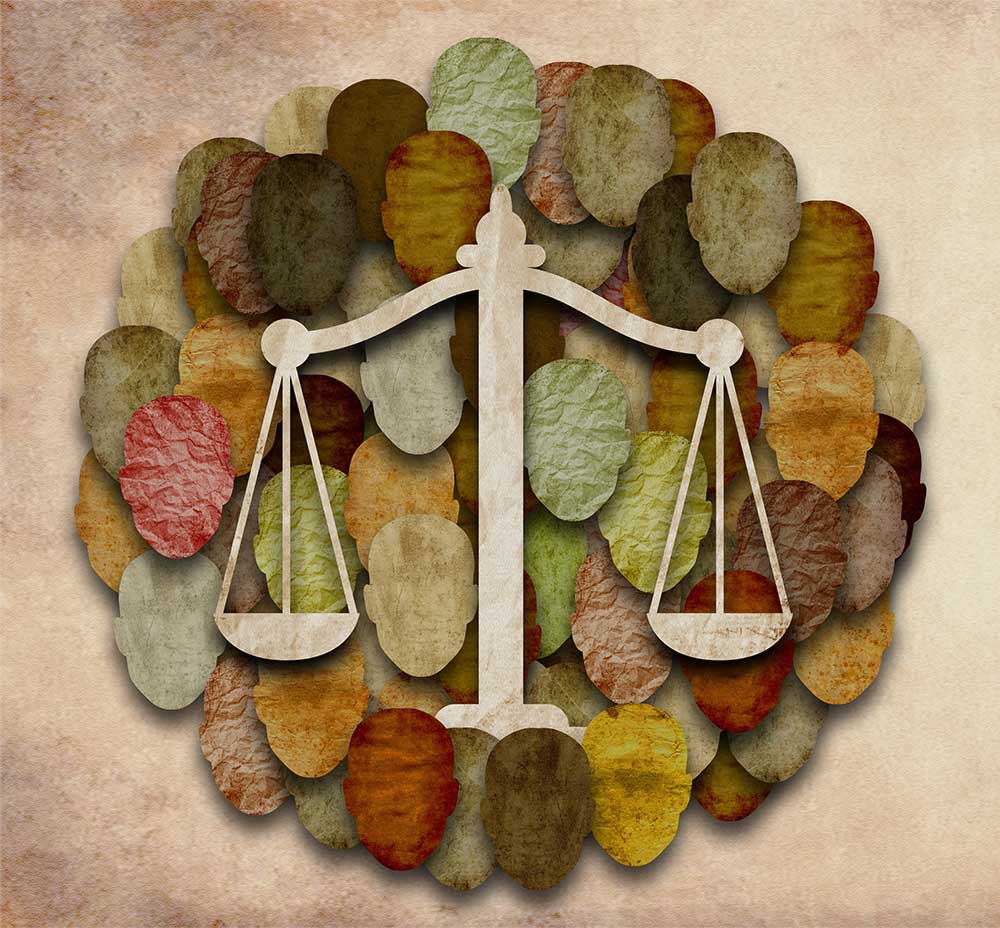DEI and Race-Conscious Investing Guidance
The U.S. Supreme Court’s decision in Students for Fair Admissions (SFFA), which struck down Harvard College’s and University of North Carolina’s race-conscious affirmative action programs as unconstitutional, has reverberated outside academia. The decision has had a chilling effect on diversity, equity, and inclusion (DEI) programs and race-conscious investing across various sectors, including the nonprofit sector. Anxiety among nonprofits intensified after American Alliance for Equal Rights, the plaintiff from the SFFA litigation, sued a Georgia charity, Fearless Foundation, for awarding $20,000 grants to startups owned by Black women founders
The purpose of the grantmaking program was to bridge the well-documented gap in venture capital funding for businesses owned by women of color, which amounts to less than 0.1 percent of total U.S. venture capital funding. American Alliance for Equal Rights argued that the contest was discriminatory and violated Section 1981 of the Civil Rights Act of 1866, which prohibits discrimination based on race in the making and enforcement of contracts. Section 1981 was passed during the Reconstruction era to remedy the persistent economic exclusion of Black people.
Nonprofits engaged in race-conscious philanthropy now face heightened scrutiny from would-be plaintiffs, donors, and the government. In this time of legal uncertainty, we are committed to providing well-informed, practical legal advice to enable nonprofits to continue pursuing their race equity missions within the bounds of the law. In the past year, we have provided counsel to several nonprofits that promote race equity in the communities we serve. We have also partnered with leading civil rights organizations, including Lawyers’ Committee for Civil Rights Under Law and Law Firm Antiracism Alliance, to ensure that small nonprofits have legal counsel to respond to the changing legal landscape.
We are committed to providing well-informed, practical legal advice to enable nonprofits to continue pursuing their race equity missions within the bounds of the law.

